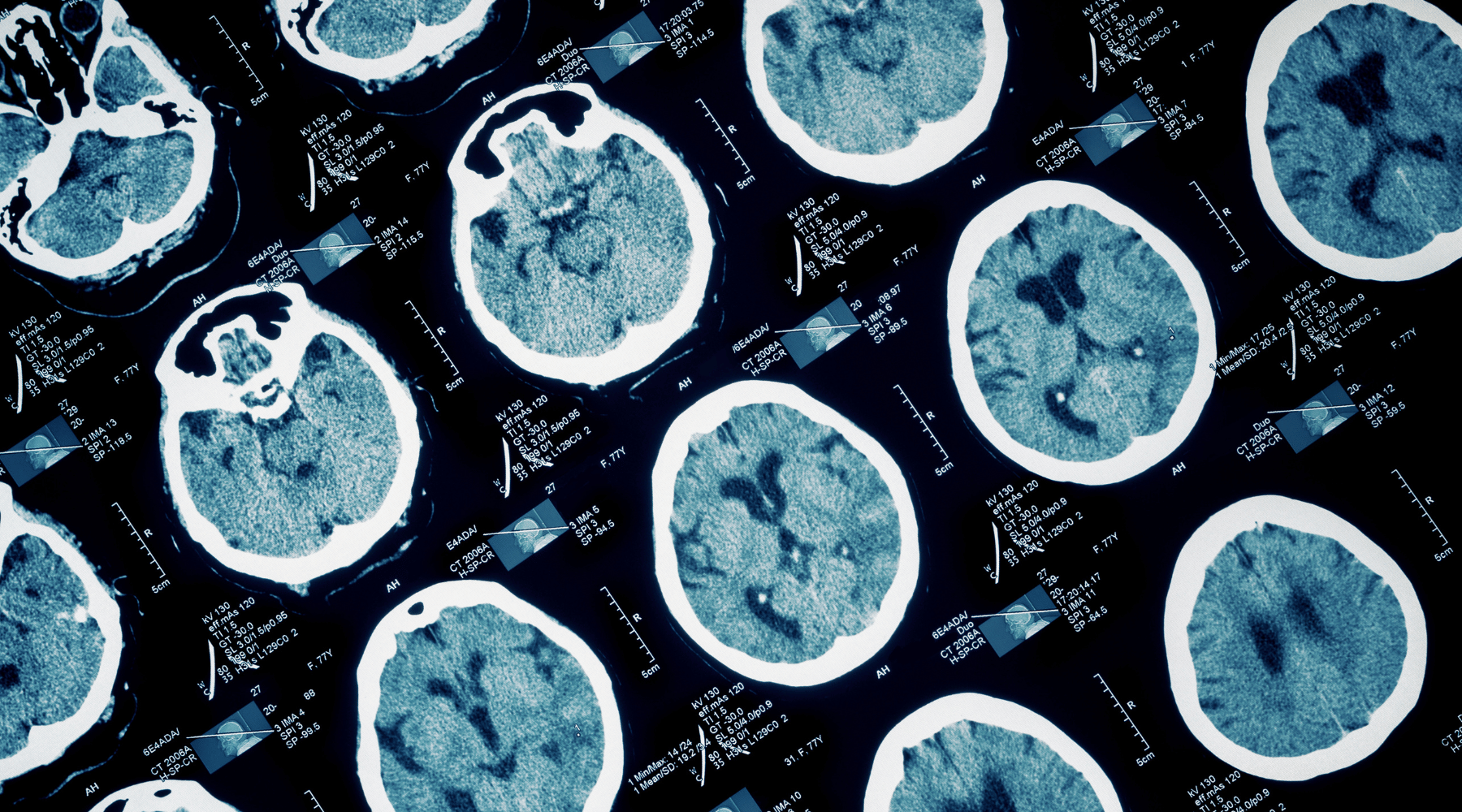Each week, OMRF Vice President of Clinical Affairs Dr. Judith James opens “Adam’s Journal” to answer a medical question from Adam Cohen, OMRF’s senior vice president & general counsel.
Adam’s Journal
A friend has a parent who lives with Alzheimer’s disease. Because of her family history, she has been offered a blood test to assess her own risk for Alzheimer’s. How accurate are these types of tests – and how useful are they?
Dr. James Prescribes
Alzheimer’s is a complex disease with no simple test either for diagnosis or risk assessment.
Patients are usually diagnosed through assessments of memory impairment and thinking skills, physician evaluation, brain imaging and blood tests. And while several different types of Alzheimer’s risk testing are available, none are definitive, and they’re just one variable in a multi-faceted process.
One type – which does not involve blood, just saliva – involves testing for a certain version of a gene known as APOE4. People with one copy of this gene seem to have double to triple the risk of developing the disease, and having two copies has been associated with a 10-fold higher risk.
Still, many people have this genetic variant and don’t get Alzheimer’s. So, before taking a test, it’s best to talk with a genetic counselor or your health provider to understand what the results would mean.
The Food and Drug Administration has also approved a blood test for early detection of the amyloid plaques associated with Alzheimer’s, but only to aid in diagnosing individuals who have symptoms of the disease. However, like the other traditional tests, it is not intended to assess risk.
Rather, it’s meant to be used by doctors for patients aged 55 and older with cognitive impairment to evaluate them for Alzheimer’s and other causes of cognitive decline. Unless your friend meets these criteria, blood testing would not seem to be indicated.
If your friend has symptoms, she should talk to her clinician about memory testing and health evaluation. If not, she might consider other factors that could help decrease her risk, such as optimized blood pressure and blood sugar control, exercise, a heart-healthy diet, treating any hearing loss, maintaining strong social connections, and intellectual activity.
As we develop new approaches for preventing and treating Alzheimer’s, predicting disease will become increasingly important. Until then, consult your healthcare provider to map the right course for you.
–
Do you have a health query for Dr. James? Email contact@omrf.org and your question may be answered in a future column!



